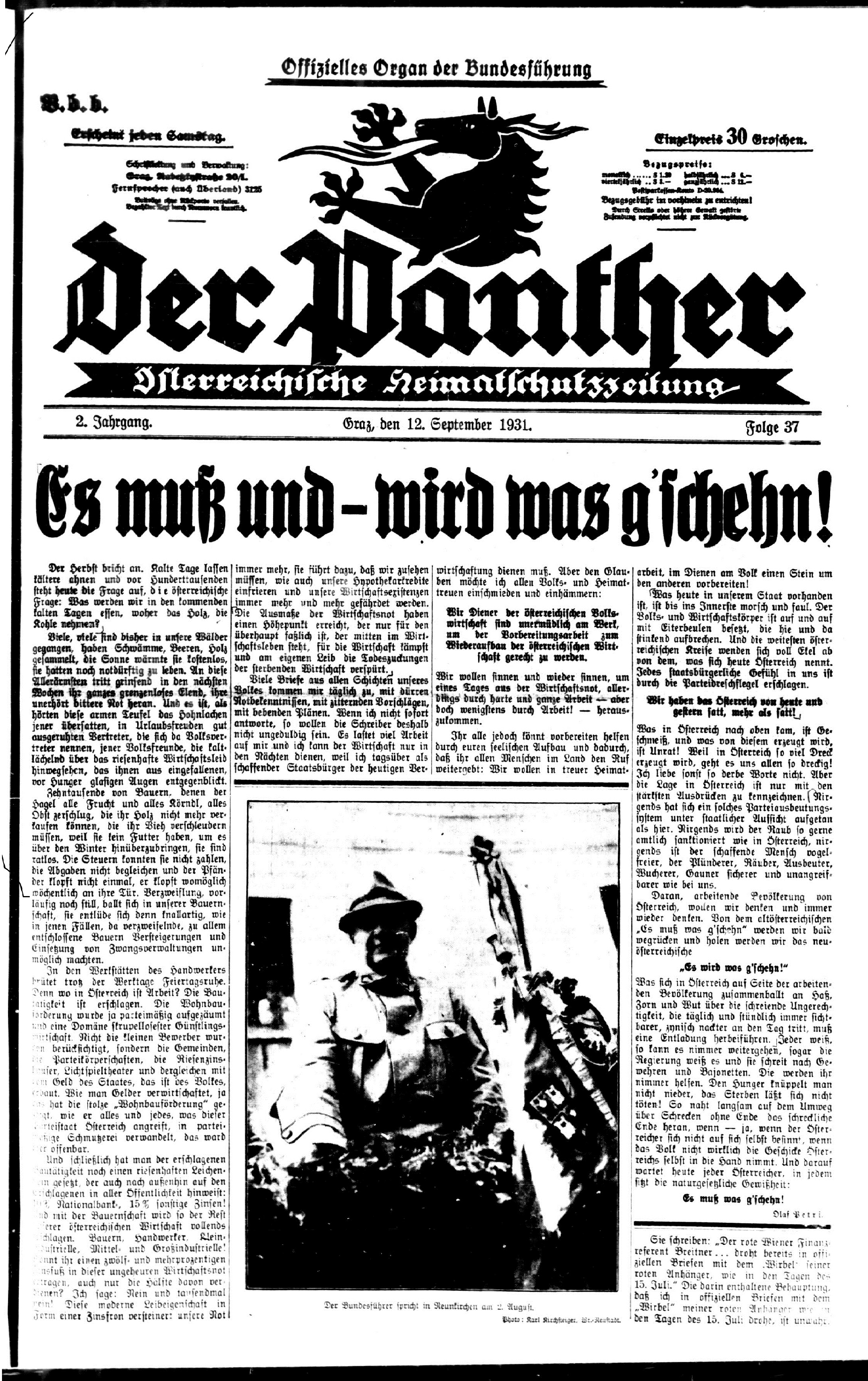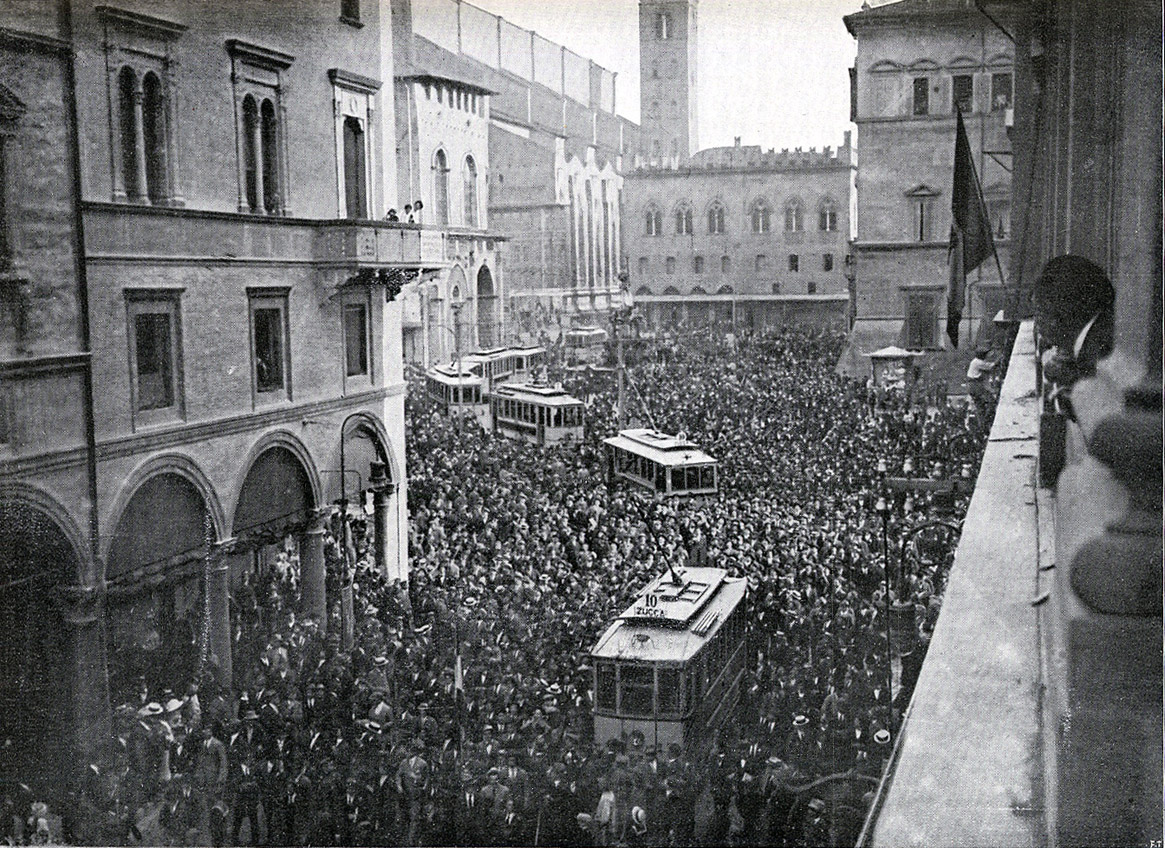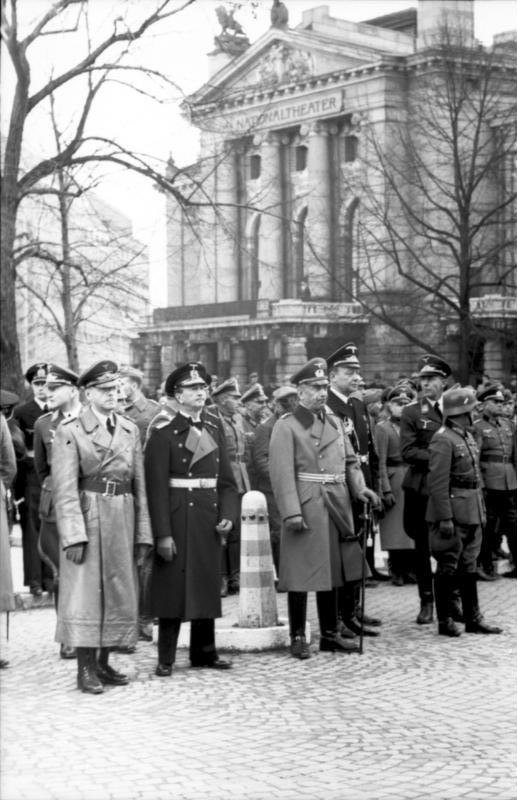|
August Meyszner
August Edler von Meyszner (3 August 1886 – 24 January 1947) was an Austrian Gendarmerie officer, right-wing politician, and senior ''Ordnungspolizei'' (order police) officer who held the post of Higher SS and Police Leader in the German-occupied territory of Serbia from January 1942 to March 1944, during World War II. He has been described as one of ''Reichsführer-SS'' Heinrich Himmler's most brutal subordinates. Meyszner began his career as an officer in the Gendarmerie, served on the Italian Front during World War I and reached the rank of '' Major der Polizei'' by 1921. He joined the Austrian Nazi Party in September 1925 and became a right-wing parliamentary deputy and provincial minister in the Austrian province of Styria in 1930. Due to his involvement with the Nazis, Meyszner was forcibly retired in 1933 and arrested in February 1934, but released after three months at the Wöllersdorf concentration camp. That July, he was rearrested following an attempted co ... [...More Info...] [...Related Items...] OR: [Wikipedia] [Google] [Baidu] |
Graz
Graz (; sl, Gradec) is the capital city of the Austrian state of Styria and second-largest city in Austria after Vienna. As of 1 January 2021, it had a population of 331,562 (294,236 of whom had principal-residence status). In 2018, the population of the Graz larger urban zone (LUZ) stood at 652,654, based on principal-residence status. Graz is known as a college and university city, with four colleges and four universities. Combined, the city is home to more than 60,000 students. Its historic centre ('' Altstadt'') is one of the best-preserved city centres in Central Europe. In 1999, the city's historic centre was added to the UNESCO list of World Heritage Sites and in 2010 the designation was expanded to include Eggenberg Palace (german: Schloss Eggenberg) on the western edge of the city. Graz was designated the Cultural Capital of Europe in 2003 and became a City of Culinary Delights in 2008. Etymology The name of the city, Graz, formerly spelled Gratz, most likely stems ... [...More Info...] [...Related Items...] OR: [Wikipedia] [Google] [Baidu] |
Italian Front (World War I)
The Italian front or Alpine front ( it, Fronte alpino, "Alpine front"; in german: Gebirgskrieg, "Mountain war") involved a series of battles at the border between Austria-Hungary and Italy, fought between 1915 and 1918 in the course of World War I. Following secret promises made by the Allies in the 1915 Treaty of London, Italy entered the war aiming to annex the Austrian Littoral, northern Dalmatia, and the territories of present-day Trentino and South Tyrol. Although Italy had hoped to gain the territories with a surprise offensive, the front soon bogged down into trench warfare, similar to that on the Western Front in France, but at high altitudes and with very cold winters. Fighting along the front displaced much of the local population, and several thousand civilians died from malnutrition and illness in Italian and Austro-Hungarian refugee-camps. The Allied victory at Vittorio Veneto, the disintegration of the Habsburg empire, and the Italian capture of Trento and Tri ... [...More Info...] [...Related Items...] OR: [Wikipedia] [Google] [Baidu] |
Gas Van
A gas van or gas wagon (russian: душегубка, ''dushegubka'', literally "soul killer"; german: Gaswagen) was a truck reequipped as a mobile gas chamber. During the World War II Holocaust, Nazi Germany developed and used gas vans on a large scale as an genocide, extermination method to murder inmates of asylums, Poles, Romani people, Jews, and prisoners in occupied Occupation of Poland (1939–1945), Poland, German occupation of Byelorussia during World War II, Belarus, World War II in Yugoslavia, Yugoslavia, the Soviet Union, and other regions of German-occupied Europe. One case of usage of gas van by Soviet NKVD during the Great Purge was documented. Nazi Germany The use of gas vans by the Germans to murder Jews, Poles, Romani people, mentally ill people, and prisoners in occupied territories during World War II originated with the Aktion T4, Nazi Euthanasia Program in 1939. Ordered to find a suitable method of killing, the ''Technical Institute for the Detection of Crime' ... [...More Info...] [...Related Items...] OR: [Wikipedia] [Google] [Baidu] |
Gestapo
The (), abbreviated Gestapo (; ), was the official secret police of Nazi Germany and in German-occupied Europe. The force was created by Hermann Göring in 1933 by combining the various political police agencies of Prussia into one organisation. On 20 April 1934, oversight of the Gestapo passed to the head of the ''Schutzstaffel'' (SS), Heinrich Himmler, who was also appointed Chief of German Police by Hitler in 1936. Instead of being exclusively a Prussian state agency, the Gestapo became a national one as a sub-office of the (SiPo; Security Police). From 27 September 1939, it was administered by the Reich Security Main Office (RSHA). It became known as (Dept) 4 of the RSHA and was considered a sister organisation to the (SD; Security Service). During World War II, the Gestapo played a key role in the Holocaust. After the war ended, the Gestapo was declared a criminal organisation by the International Military Tribunal (IMT) at the Nuremberg trials. History After Adol ... [...More Info...] [...Related Items...] OR: [Wikipedia] [Google] [Baidu] |
Forced Labour
Forced labour, or unfree labour, is any work relation, especially in modern or early modern history, in which people are employed against their will with the threat of destitution, detention, violence including death, or other forms of extreme hardship to either themselves or members of their families. Unfree labour includes all forms of slavery, penal labour and the corresponding institutions, such as debt slavery, serfdom, corvée and labour camps. Definition Many forms of unfree labour are also covered by the term forced labour, which is defined by the International Labour Organization (ILO) as all involuntary work or service exacted under the menace of a penalty. However, under the ILO Forced Labour Convention of 1930, the term forced or compulsory labour does not include: *"any work or service exacted in virtue of compulsory military service laws for work of a purely military character;" *"any work or service which forms part of the normal civic obligations of the ... [...More Info...] [...Related Items...] OR: [Wikipedia] [Google] [Baidu] |
German Occupation Of Norway
The occupation of Norway by Nazi Germany during the Second World War began on 9 April 1940 after Operation Weserübung. Conventional armed resistance to the German invasion ended on 10 June 1940, and Nazi Germany controlled Norway until the capitulation of German forces in Europe on 8 May 1945. Throughout this period, a pro-German government named Den nasjonale regjering (English: the National Government) ruled Norway, while the Norwegian king Haakon VII and the prewar government escaped to London, where they formed a government in exile. Civil rule was effectively assumed by the ''Reichskommissariat Norwegen'' (Reich Commissariat of Norway), which acted in collaboration with the pro-German puppet government. This period of military occupation is, in Norway, referred to as the "war years", "occupation period" or simply "the war". Background Having maintained its neutrality during the First World War (1914–1918), Norwegian foreign and military policy since 1933 was largely ... [...More Info...] [...Related Items...] OR: [Wikipedia] [Google] [Baidu] |
Nazi Germany
Nazi Germany (lit. "National Socialist State"), ' (lit. "Nazi State") for short; also ' (lit. "National Socialist Germany") (officially known as the German Reich from 1933 until 1943, and the Greater German Reich from 1943 to 1945) was the German state between 1933 and 1945, when Adolf Hitler and the Nazi Party controlled the country, transforming it into a dictatorship. Under Hitler's rule, Germany quickly became a totalitarian state where nearly all aspects of life were controlled by the government. The Third Reich, meaning "Third Realm" or "Third Empire", alluded to the Nazi claim that Nazi Germany was the successor to the earlier Holy Roman Empire (800–1806) and German Empire (1871–1918). The Third Reich, which Hitler and the Nazis referred to as the Thousand-Year Reich, ended in May 1945 after just 12 years when the Allies defeated Germany, ending World War II in Europe. On 30 January 1933, Hitler was appointed chancellor of Germany, the head of gove ... [...More Info...] [...Related Items...] OR: [Wikipedia] [Google] [Baidu] |
Coup D'état
A coup d'état (; French for 'stroke of state'), also known as a coup or overthrow, is a seizure and removal of a government and its powers. Typically, it is an illegal seizure of power by a political faction, politician, cult, rebel group, military, or a dictator. Many scholars consider a coup successful when the usurpers seize and hold power for at least seven days. Etymology The term comes from French ''coup d'État'', literally meaning a 'stroke of state' or 'blow of state'. In French, the word ''État'' () is capitalized when it denotes a sovereign political entity. Although the concept of a coup d'état has featured in politics since antiquity, the phrase is of relatively recent coinage.Julius Caesar's civil war, 5 January 49 BC. It did not appear within an English text before the 19th century except when used in the translation of a French source, there being no simple phrase in English to convey the contextualized idea of a 'knockout blow to the existing administratio ... [...More Info...] [...Related Items...] OR: [Wikipedia] [Google] [Baidu] |
Concentration Camp
Internment is the imprisonment of people, commonly in large groups, without charges or intent to file charges. The term is especially used for the confinement "of enemy citizens in wartime or of terrorism suspects". Thus, while it can simply mean imprisonment, it tends to refer to preventive confinement rather than confinement ''after'' having been convicted of some crime. Use of these terms is subject to debate and political sensitivities. The word ''internment'' is also occasionally used to describe a neutral country's practice of detaining belligerent armed forces and equipment on its territory during times of war, under the Hague Convention of 1907. Interned persons may be held in prisons or in facilities known as internment camps (also known as concentration camps). The term ''concentration camp'' originates from the Spanish–Cuban Ten Years' War when Spanish forces detained Cuban civilians in camps in order to more easily combat guerrilla forces. Over the following ... [...More Info...] [...Related Items...] OR: [Wikipedia] [Google] [Baidu] |
Wöllersdorf-Steinabrückl
Wöllersdorf-Steinabrückl is a municipality in the district of Wiener Neustadt-Land in the Austrian state of Lower Austria Lower Austria (german: Niederösterreich; Austro-Bavarian: ''Niedaöstareich'', ''Niedaestareich'') is one of the nine states of Austria, located in the northeastern corner of the country. Since 1986, the capital of Lower Austria has been Sankt P .... History The old ordnance factory in the municipality was used as a concentration camp from 1933 until 1938. Population References Cities and towns in Wiener Neustadt-Land District {{LowerAustria-geo-stub ... [...More Info...] [...Related Items...] OR: [Wikipedia] [Google] [Baidu] |
Styria
Styria (german: Steiermark ; Serbo-Croatian and sl, ; hu, Stájerország) is a state (''Bundesland'') in the southeast of Austria. With an area of , Styria is the second largest state of Austria, after Lower Austria. Styria is bordered to the south by Slovenia, and clockwise, from the southwest, by the Austrian states of Carinthia, Salzburg, Upper Austria, Lower Austria, and Burgenland. The state capital is Graz. Etymology The March of Styria derived its name from the original seat of its ruling Otakar dynasty: Steyr, in today's Upper Austria. In German, the area is still called "Steiermark" while in English the Latin name "Styria" is used. The ancient link between Steyr and Styria is also apparent in their nearly identical coats of arms, a white Panther on a green background. Geography * The term "Upper Styria" (german: Obersteiermark) refers to the northern and northwestern parts of the federal-state (districts Liezen, Murau, Murtal, Leoben, Bruck-Mürzzuschlag). * ... [...More Info...] [...Related Items...] OR: [Wikipedia] [Google] [Baidu] |
Deputy (legislator)
A legislator (also known as a deputy or lawmaker) is a person who writes and passes laws, especially someone who is a member of a legislature. Legislators are often elected by the people of the state. Legislatures may be supra-national (for example, the European Parliament), national (for example, the United States Congress), or local (for example, local authorities). Overview The political theory of the separation of powers Separation of powers refers to the division of a state's government into branches, each with separate, independent powers and responsibilities, so that the powers of one branch are not in conflict with those of the other branches. The typic ... requires legislators to be independent individuals from the members of the executive (government), executive and the judiciary. Certain political systems adhere to this principle, others do not. In the United Kingdom, for example, the executive is formed almost exclusively from legislators (members of Par ... [...More Info...] [...Related Items...] OR: [Wikipedia] [Google] [Baidu] |







